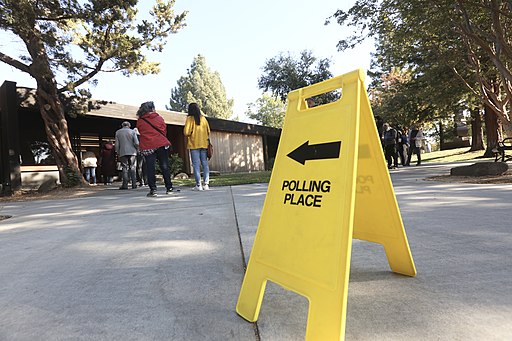US Senator Elizabeth Warren (D-MA)’s latest legislative proposal — with several co-sponsors from both sides of the partisan aisle — would require the Federal Deposit Insurance Corporation to “claw back” compensation paid to bank executives in the three years preceding failure (or FDIC bailout) of the banks they work for.
At the same time, Warren calls it “shameful” to “claw back relief from public servants” — by which she means going back to expecting government employees to pay off their student loans, as part of the brewing “debt ceiling deal” versus president Joe Biden’s pre-election waving of a magic wand that makes debts disappear (apparently the wand doesn’t work on bank failures).
One thing that immediately stands out about Warren’s conflicting views of Ye Auld Government Claw is that the money she wants the FDIC to take from executives of failed banks wasn’t the FDIC’s in the first place. It belonged to the banks, and was paid to those executives pursuant to work done on contract or agreement. There is no “back” involved here. It’s just wage theft of exactly the same kind she’d feign outrage over if the victims were janitors and the thieves weren’t government agents.
While on the other foot — er, claw — we have people who borrowed money, agreed to pay back the money, spent the money, got what they spent the money on … but Warren finds the idea of the money being “clawed back” in the form of perfectly normal repayment of loans “shameful,” and tries to find a third claw to stick the expression on.
That “claw back” expression seems to be Warren’s word version of a Swiss Army [TM] knife. Sometimes it’s positive, sometimes it’s negative, and coming from Warren it seems to mostly just be used to make falsehoods sound true.
Instead of trying to retroactively steal bank employees’ wages for poor decisions (she’d be broke if such a policy applied to her), Warren should be working to reverse the government’s poor decision to have the FDIC pay money it didn’t owe to depositors who held balances well in excess of the amounts insured at e.g. Silicon Valley Bank.
And instead of keeping student loan debtors on the “will there be relief or not?” merry-go-round, she should push harder to just make student loan debt subject to the same bankruptcy conditions as other debt.
But I guess sound ideas like that don’t meet the Senate’s fireworks/theatrics thresholds.
Thomas L. Knapp (Twitter:@thomaslknapp) is director and senior news analyst at the William Lloyd Garrison Center for Libertarian Advocacy Journalism (thegarrisoncenter.org). He lives and works in north central Florida.
PUBLICATION/CITATION HISTORY



